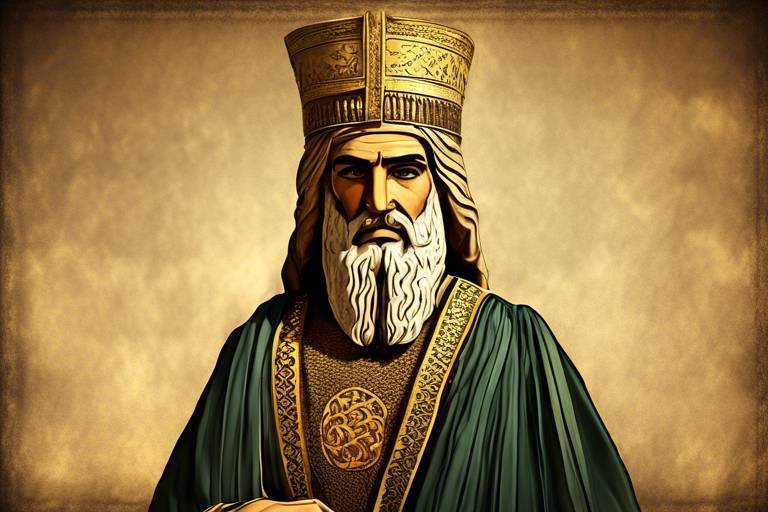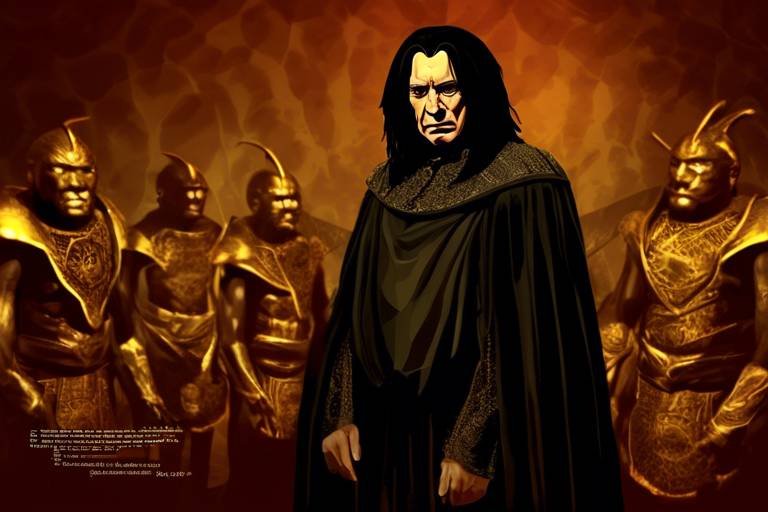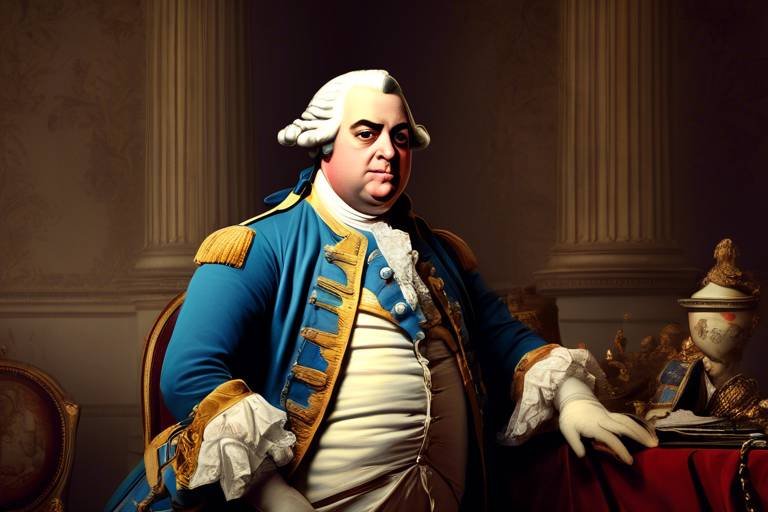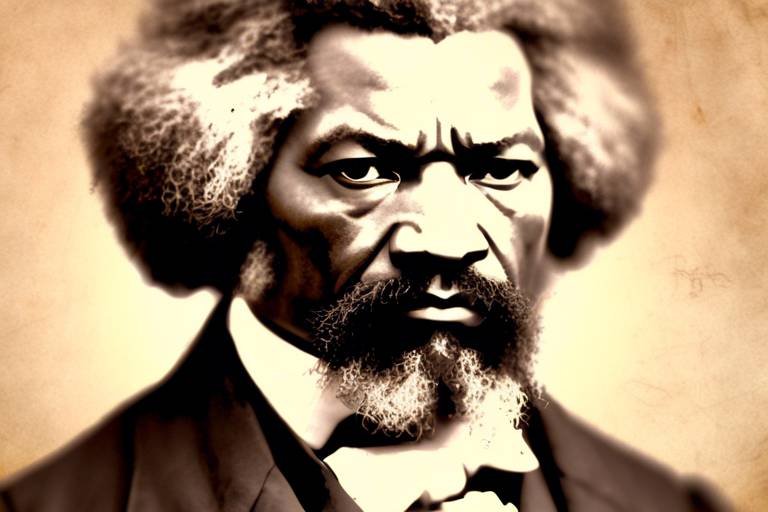Cyrus the Great: Founder of the Persian Empire
Cyrus the Great, the illustrious founder of the Persian Empire, stands as a towering figure in ancient history. His remarkable leadership qualities and visionary policies have left an indelible mark on the world, shaping the course of empires and influencing generations to come.

Early Life and Rise to Power
From humble beginnings, Cyrus the Great emerged as a formidable leader whose early life shaped his destiny. Born in the rugged lands of Persis, Cyrus was raised with a thirst for knowledge and a keen sense of justice. His upbringing instilled in him the values of integrity, courage, and compassion, setting the foundation for his future conquests.
As a young prince, Cyrus displayed exceptional leadership skills, earning the respect and admiration of his peers. His strategic acumen and charisma quickly garnered him a loyal following, paving the way for his eventual rise to power. Through a series of calculated moves and alliances, Cyrus positioned himself as the rightful heir to the throne of Persia.
Despite facing formidable rivals and internal strife within the Persian nobility, Cyrus's unwavering determination and tactical brilliance allowed him to overcome all obstacles. With each victory on the battlefield, Cyrus solidified his authority and expanded his sphere of influence, earning him the title of "The Great" among his people.
It was not just his military prowess that propelled Cyrus to greatness, but also his ability to inspire loyalty and unity among diverse populations. By embracing cultural diversity and religious tolerance, Cyrus fostered a sense of inclusivity within his empire, earning him the loyalty of conquered peoples and ensuring the stability of his reign.
Through a combination of military conquests, diplomatic savvy, and visionary leadership, Cyrus the Great ascended to the throne of the Persian Empire, heralding a new era of prosperity and innovation. His early life experiences and relentless pursuit of excellence laid the groundwork for a legacy that would endure for centuries to come.

Military Campaigns and Conquests
When it comes to military prowess and strategic conquests, Cyrus the Great stands out as a legendary figure in ancient history. His military campaigns and conquests were not only impressive in terms of sheer scale but also in their strategic significance. One of his most notable achievements was the conquest of Babylon, a city considered impregnable at the time. Through meticulous planning and bold tactics, Cyrus managed to overthrow the Babylonian Empire, solidifying his control over the region.
Moreover, Cyrus's conquest of Lydia further expanded the borders of the Persian Empire, showcasing his military acumen and ability to overcome formidable opponents. His campaigns were marked by a blend of military might and diplomatic finesse, allowing him to forge alliances and outmaneuver his adversaries on the battlefield.
One of the key aspects of Cyrus's military strategy was his emphasis on swift and decisive actions. He understood the importance of momentum in warfare and often surprised his enemies with unexpected maneuvers and lightning-fast offensives. This element of surprise played a crucial role in his conquests, enabling him to achieve victory against seemingly insurmountable odds.
Additionally, Cyrus was known for his humane treatment of conquered peoples, offering them terms of surrender that were relatively lenient compared to the brutal practices of some ancient rulers. This approach not only helped to minimize resistance but also contributed to the stability of the empire by fostering goodwill among diverse populations.
Overall, Cyrus the Great's military campaigns and conquests were not just displays of brute force but masterful demonstrations of strategy, diplomacy, and leadership. His legacy as a military genius continues to inspire military tacticians and historians alike, underscoring his enduring impact on the art of war and the course of history.

Religious and Cultural Policies
During his reign, Cyrus the Great implemented groundbreaking religious and cultural policies that set him apart as a visionary leader. His approach to religious diversity was revolutionary for its time, as he promoted religious tolerance and respect for various beliefs within the Persian Empire. Rather than imposing his own faith on conquered territories, Cyrus allowed subjects to practice their religions freely, fostering a sense of unity in diversity across his vast empire.
Cyrus's cultural policies also emphasized the integration of diverse traditions within the empire. He encouraged the exchange of ideas and practices among different cultures, leading to a flourishing of art, architecture, and literature. This cultural fusion not only enriched Persian society but also contributed to the empire's reputation as a hub of creativity and innovation.
One of Cyrus's most notable acts was the Decree of Cyrus, also known as the Cyrus Cylinder, which proclaimed his respect for religious freedom and cultural diversity. This ancient artifact, considered by some as the first declaration of human rights, symbolizes Cyrus's commitment to upholding the rights and dignity of all peoples under his rule.
Moreover, Cyrus's policies towards conquered peoples were not only pragmatic but also compassionate. He sought to rebuild temples and restore religious artifacts that had been destroyed by previous rulers, earning him the admiration and loyalty of many subjects. By recognizing the importance of religion and culture in people's lives, Cyrus demonstrated a level of empathy and understanding that was rare among ancient conquerors.

Legacy and Influence
Cyrus the Great was a remarkable leader who founded the Persian Empire. His legacy includes military conquests, religious tolerance, and innovative governance policies that influenced the ancient world and continue to inspire historians and leaders today.
Cyrus the Great's legacy reverberates through the annals of history, leaving an indelible mark on the world. His visionary leadership and progressive policies have shaped the course of empires and inspired generations of rulers. One of his most enduring legacies is his promotion of religious tolerance, a rare feat in ancient times. Cyrus embraced diversity, allowing his subjects to practice their beliefs freely, fostering a harmonious society that laid the foundation for a prosperous empire.
Moreover, Cyrus's governance principles set a precedent for effective leadership. By decentralizing power through the appointment of satraps, he established a system that enabled efficient administration of the vast Persian Empire. His emphasis on meritocracy and fair treatment of subjects earned him respect and loyalty, ensuring the empire's stability and longevity.
His military conquests, particularly the capture of Babylon and Lydia, not only expanded the empire's borders but also showcased his strategic prowess. Cyrus's ability to unite diverse territories under a single banner demonstrated his diplomatic finesse and military acumen, solidifying his reputation as a conqueror without equal.
The architectural marvels commissioned by Cyrus stand as testaments to his grand vision and enduring influence. The construction of magnificent structures and cities reflected his commitment to showcasing the empire's splendor and sophistication. These architectural achievements not only served as symbols of power but also as lasting reminders of Cyrus's ambition and legacy.
Historians and scholars continue to debate and analyze Cyrus the Great's reign, offering diverse perspectives on his character and achievements. His complex legacy invites scrutiny and admiration, prompting reflection on the intersection of power, morality, and governance. As leaders strive to emulate his principles of tolerance, justice, and strategic vision, Cyrus's influence remains palpable in the corridors of power and the annals of history.
1. What was Cyrus the Great's most significant contribution to the Persian Empire?
2. How did Cyrus's religious policies impact the cultural landscape of his empire?
3. What architectural achievements are attributed to Cyrus the Great?
4. How did Cyrus's administrative reforms shape the governance structure of the Persian Empire?
5. What lessons can modern leaders learn from Cyrus the Great's leadership style?

Death and Succession
After years of leading the Persian Empire to greatness, Cyrus the Great's life came to a sudden and unexpected end. His death, shrouded in mystery and speculation, left a void that needed to be filled to ensure the empire's stability and continuity. The question of succession loomed large, with various contenders vying for power and influence in the aftermath of Cyrus's demise.
As the news of Cyrus's death spread throughout the empire, chaos threatened to engulf the once-stable realm. The transition of power was a critical moment that could either solidify the empire's legacy or plunge it into turmoil and disarray. The fate of Persia hung in the balance, awaiting the emergence of a new leader to guide the nation forward.
Amidst the uncertainty and power struggles that followed Cyrus's passing, his son Cambyses II eventually ascended to the throne. However, Cambyses II's reign was marked by controversy and challenges, leading to further instability within the empire. The transition from Cyrus the Great to his successor was not seamless, highlighting the complexities of succession in a vast and diverse empire.
Despite the challenges faced during the succession process, the Persian Empire managed to weather the storm and continue its expansion and influence under new leadership. The legacy of Cyrus the Great lived on through the actions and decisions of those who followed him, shaping the course of history for generations to come.

Architectural Achievements
Cyrus the Great's architectural achievements were not only a testament to his grand vision but also a reflection of the empire's power and influence. One of his most notable projects was the construction of Pasargadae, a magnificent city that served as the capital of the Persian Empire. The city's centerpiece was the grand tomb of Cyrus, a structure that showcased the architectural prowess of the time.
Furthermore, Cyrus initiated the building of Persepolis, a sprawling complex of palaces, halls, and terraces that exemplified the empire's wealth and sophistication. The intricate carvings, majestic columns, and elaborate staircases of Persepolis stood as a symbol of Persian artistry and engineering excellence.
In addition to these monumental projects, Cyrus also commissioned the construction of royal roads that connected the vast territories of the empire, facilitating communication and trade. These roads were not merely functional but also showcased the empire's commitment to infrastructure development and connectivity.
Moreover, Cyrus's architectural legacy extended to the establishment of fortified citadels and administrative centers across the empire. These structures not only served strategic purposes in defense and governance but also reflected Cyrus's ambition to leave a lasting mark on the landscape of Persia.

Administrative Reforms
One of Cyrus the Great's most enduring legacies lies in his innovative administrative reforms that transformed the Persian Empire into a well-organized and efficient state. Central to his governance philosophy was the establishment of a centralized government structure that allowed for better coordination and control over the vast territories under his rule. By dividing the empire into provinces known as satrapies, Cyrus introduced a system of satraps who served as regional governors responsible for overseeing administration, tax collection, and justice within their respective regions.
Furthermore, Cyrus implemented policies aimed at promoting cultural and religious tolerance, fostering a sense of unity among the diverse populations within the empire. This inclusive approach not only helped maintain stability but also facilitated the integration of different customs and traditions, contributing to the empire's overall cohesion and strength.
In addition to his administrative innovations, Cyrus introduced a standardized system of weights and measures, facilitating trade and commerce across the empire. This uniform system promoted economic growth and prosperity by streamlining transactions and ensuring fairness in commercial dealings.
Moreover, Cyrus's emphasis on infrastructure development, including the construction of roads and communication networks, enhanced connectivity and facilitated the efficient movement of goods and people throughout the empire. These investments in infrastructure not only improved trade and transportation but also strengthened the empire's defense capabilities by enabling rapid mobilization of troops.
Overall, Cyrus the Great's administrative reforms laid the foundation for a well-organized and prosperous empire that thrived under his visionary leadership. His forward-thinking policies and emphasis on efficiency and unity continue to serve as a model for effective governance and administration in the modern world.

Historical Accounts and Interpretations
Historical Accounts and Interpretations of Cyrus the Great provide a fascinating glimpse into the complexities of his legacy. Various historical sources offer diverse perspectives on his life and achievements, shaping the way we understand this influential leader. Herodotus, often referred to as the "Father of History," documented Cyrus's military campaigns and governance with admiration, portraying him as a wise and just ruler. Xenophon, a contemporary of Cyrus, focused on his leadership qualities and strategic acumen, highlighting his ability to inspire loyalty among his followers.
Moreover, biblical accounts, particularly in the book of Isaiah, depict Cyrus as a liberator chosen by God to allow the Jews to return to Jerusalem and rebuild their temple. This religious interpretation adds a spiritual dimension to Cyrus's historical significance, showing how his actions resonated beyond political boundaries. Modern historians continue to analyze and debate Cyrus's policies and motivations, offering new insights into his reign and impact on the ancient world.
Frequently Asked Questions
- Who was Cyrus the Great?
Cyrus the Great was a renowned leader who founded the Persian Empire and is known for his military conquests, religious tolerance, and innovative governance policies.
- What were Cyrus's major military achievements?
Cyrus the Great achieved significant military conquests, including the conquest of Babylon and Lydia, which expanded the boundaries of the Persian Empire.
- How did Cyrus approach religious diversity?
Cyrus respected religious diversity and promoted cultural integration within his empire, allowing different beliefs and practices to coexist peacefully.
- What is Cyrus the Great's legacy?
Cyrus the Great's reign left a lasting impact on governance and leadership principles, influencing subsequent world history and inspiring leaders throughout the ages.
- What were Cyrus's architectural contributions?
Cyrus made significant contributions to Persian architecture, overseeing the construction of notable structures and cities that reflected his grand vision for the empire.
- What were Cyrus's administrative reforms?
Cyrus implemented innovative administrative policies, such as establishing a centralized government and a system of satraps to efficiently govern the vast Persian Empire.
- How do historical accounts portray Cyrus the Great?
Various historical sources offer different interpretations of Cyrus the Great's life and achievements, shedding light on the complexities of his legacy and character.



















